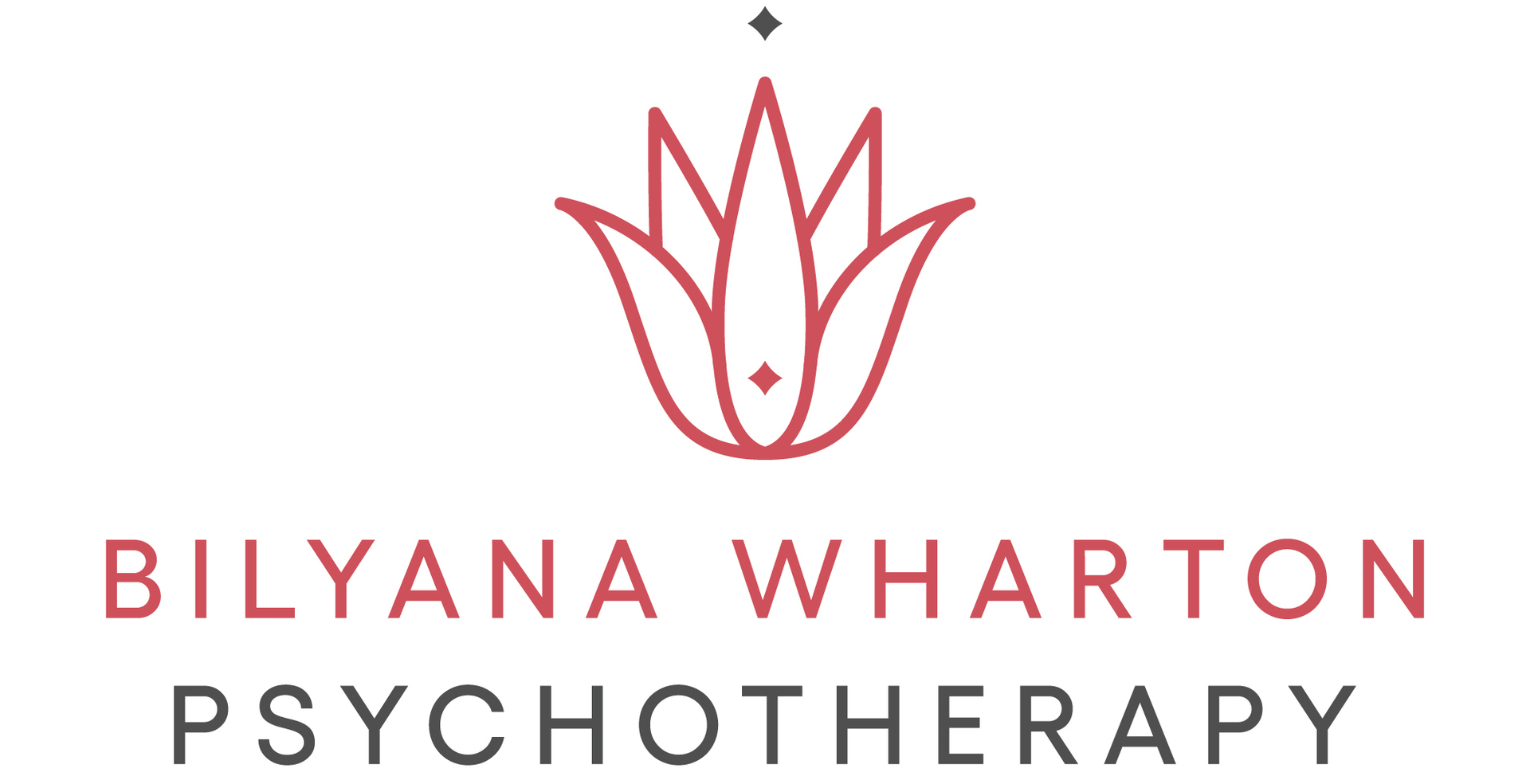Overcoming Anxiety and building up Resilience
Posted on 2nd April 2020 at 11:45
We have been trying to anticipate what might go wrong on global scale since the Cold War. But only Bill Gates, a few years back, warned that we need to prepare for a global health crisis and not World War III. Our enemy, indeed, prove to be an invisible to the naked eye virus that managed to spread panic and anxiety never experienced before.
While scientists are working round the clock to find the vaccine, meanwhile, we can do a lot more than we are doing to help ourselves, our families and our community by learning on personal level how to deal better with the presenting situation.
The best antidote to panic is control. Even if you are feeling out of control in a situation where the care of your wellbeing depends on the competence of others: politicians, medical professionals and scientists, there are a few areas in your life you are always in control of:
• Your body and bodily sensations. You have control of the movement of your body, how you use it and what for; your taste buds, sight, hearing, sense of touch are within your control and you can navigate those the way you wish. We hardly ever appreciate how rich and versatile our life experiences are because of our senses.
• Your thoughts and attitudes. What goes through your mind is your own responsibility. The thoughts and the attitudes you decide to engage with and focus on will determine your state of mind. If you engage more in negativities, your mood will be low and depressed. However, finding what is right and good in your life in a moment like this will keep you on the ‘sunny side of the street’.
• Your behaviour and how you respond or engage with others. Even if there is an air of negativity at the moment, still there are positive and good things that happen in the world; if someone is responding badly that does not mean you have to follow. When your behaviour and responses are driven by the values of kindness and togetherness you already have the advantage of increased internal wellbeing.
• Your imagination and creativity. Now is the time to build on your dreams, make plans and maps of your future. Instead of engaging in fear, you can engage in creating the best possible outcome for yourself and your family. Learning a new skill, immersing in an art of your choosing or just finding new ways to have fun are the best strategies that will involve that artistic, child-like, playful part of you.
Using the basic areas of control to expand feeling of certainty on daily basis improves your emotional well-being. And by improving your emotional well-being you free or generate more energy to develop resilience.
Resilience is the ability to overcome difficulties, to spring back and recover quickly and it has four Domains that you can strengthen and work on:
• Physical
• Psychological
• Emotional
• Spiritual
Physical Resilience
To develop and enhance Physical resilience is to literary build your physical strength and endurance; to look after your body and physical health through the right movement and exercise and healthy nutrition.
Psychological Resilience
The Psychological resilience is related to your mental state, how you manage your cognition, belief system and how you perceive reality. You can develop psychological resilience through examining your belief system and cognition – challenging self-defeating beliefs and negative thoughts and – replacing them with more adequate and better adapted one. You may need to build acceptance of the reality for what it is and not seeing it for worse than it is.
Emotional Resilience
Your emotions are the alarm system that is activated subconsciously based on perceived internal or external triggers. Seeing the empty shelfs in the supermarkets may trigger fear, sadness, anger or even disgust. Emotional resilience can be build up through Emotional intelligence and Emotional fitness. First you gain awareness and understanding of how you feel in a particular situation (the emotional intelligence) and then learn and employ the ability to change the emotional state (the emotional fitness). So, when you could not find what you were looking for on the empty shelfs that might have made you angry. However, once you realise that although Anger may be justified, it is neither going to provide the item you are looking for, nor is going to make you feel better. By accepting that you can choose, perhaps, to feel ‘a little bit peeved’, ‘slightly annoyed’ or even ‘amused’ by the situation then you can simply move on and make a decision what to replace the missing item with.
Self-regulation is of importance when building our emotional resilience and so are positivity and good intent.
Spiritual Resilience
Spirituality is the feeling of belonging and involvement in something bigger than yourself. The awareness that you are part of something bigger and you have an important role to play is extremely satisfying and rewarding feeling. When the Government asked for Volunteers to help with the Covid-19 crisis within less than 24 hours they got twice the amount of volunteers they were hoping to engage. The bigger cause will always give a bigger meaning to your life. Mindfulness, tolerance, freedom of expression, togetherness and non-violent communication are some of the building blocks of the spirituality.
The areas of control and the resilience domains are interconnected and no matter which one you choose to work on, you will feel the positive result of increased self-worth and optimism.
“You take action based on where you want to be, not based on where you are.”
Terry Crews
Tagged as: Anxiety
Share this post:



